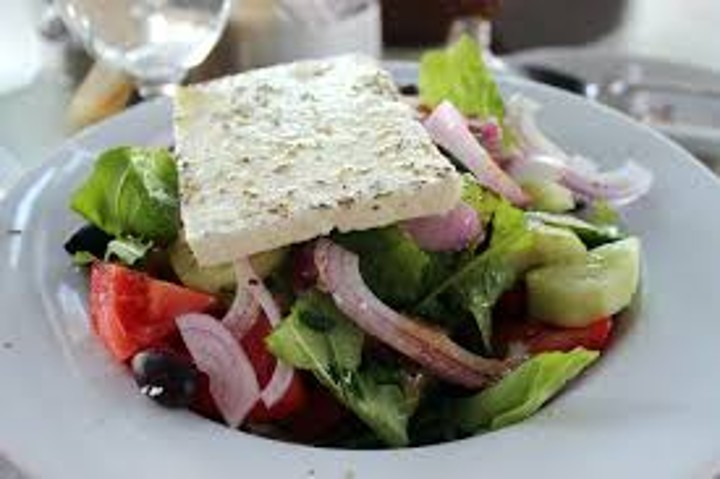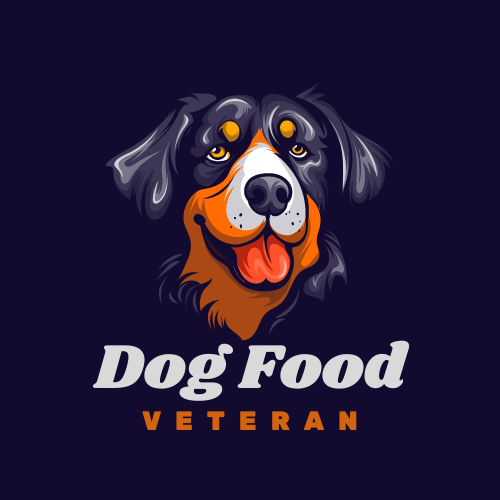Trust me, I was in your shoes while researching the same question “Can dogs eat feta cheese?” Here’s what I found out; the cheese itself is not toxic but you should practice moderation when offering it to your pup. So yes, but with conditions.

What is the Nutritional Content of Feta Cheese?
Just like every dairy product, feta cheese offers certain nutritional value for your pup when you give it in moderation. Here’s a look at them:
Pros:
- Feta cheese is a good source of protein, it provides essential amino acids for your pup.
- It contains calcium, which is important for strong bones and teeth.
- Feta cheese also provides nutrients like phosphorus, vitamin B12, and riboflavin.
Note: When you give your dogs too much feta cheese, be prepared to experience some issues. Here’s a look at the cons of giving excess:
Cons:
- Feta cheese is high in fat, which can contribute to weight gain and pancreatitis.
- It has a very high sodium content, which can lead to dehydration, increased thirst, kidney disease, and high blood pressure.
- I’ve discovered that some dogs have difficulty digesting lactose, and it may lead to issues like bloating, gas, and diarrhea. So if your pup has a history of these conditions, you may want to keep feta cheese away from them.
How much feta cheese is safe for my dog?
Due to the high fat and sodium content, you should give your dog small amounts of these treats, I’d recommend no larger than a cubic inch or two as your serving size.
When should I seek veterinary help?
If your dog experiences severe vomiting, diarrhea, or lethargy after eating feta cheese, please contact your veterinarian immediately. That’s not all, also reach out to your vet when you notice any signs of distress like difficulty breathing, extreme weakness, or severe abdominal pain.
What can I give my dog other feta cheese?
Wanna go the safer route, go for healthier alternatives like:
- Cottage cheese
- Low-fat mozzarella cheese
- Mild cheddar cheese
Please Note: If your dog has lactose intolerance, you can for treats like:
- Fresh fruits like apple slices, banana chunks, or berries)
- Veggies like carrots, green beans, or sweet potatoes
- Peanut butter without salt
- Commercial dog treats specially made for pups with sensitive stomachs
What do the experts say about feta cheese?
Most vets recommend avoiding or limiting cheese consumption for dogs because of the high fat and sodium content in all of these cheeses. Dr. Jennifer Coates, DVM, advises, “Cheese should be an occasional treat, not a regular part of a dog’s diet.”
What are the feeding guidelines?
According to Dr. Stacie Summers, veterinarian and assistant professor at the Carlson College of Veterinary Medicine at Oregon State University, parents should pay attention to portion size. Small bits of cheese the size of a fingernail are okay as an occasional treat to your pet, as well as using it to give them pills.
Note that the amount of cheese a dog can tolerate depends on the dog and the amount of fat, salt, and lactose in the cheese,” says Summers. She also advises parents to not give their fur baby dairy products while administering antibiotics as the calcium in the dairy can interfere with the absorption of some antibiotics
Conclusion
To sum it up, feta cheese is not toxic, yes but don’t make it a regular part of your dog’s diet.
However, if you have to give them, make them small and watch them for any reaction. Don’t forget to consult your vet first before you introduce any new food to their diet, they know what’s best for your pup.
References
Dr Jennifer Coates
Stacy Summers. “Is Cheese Bad for Dogs” Great Pet Care, 11 July 2020, https://www.greatpetcare.com/dog-nutrition/is-cheese-bad-for-dogs/
Read More: Can Dogs Eat Hamburgers?

